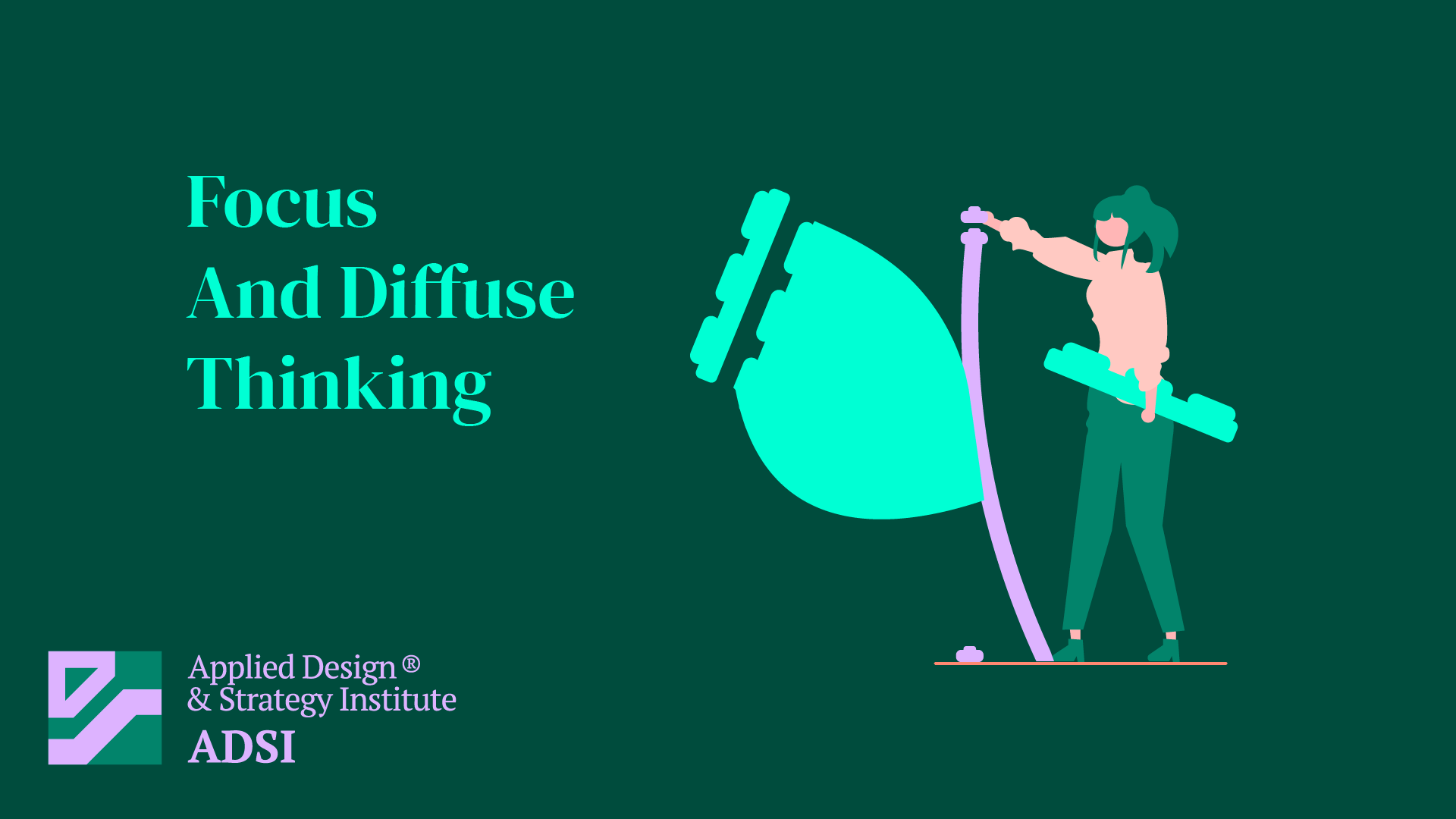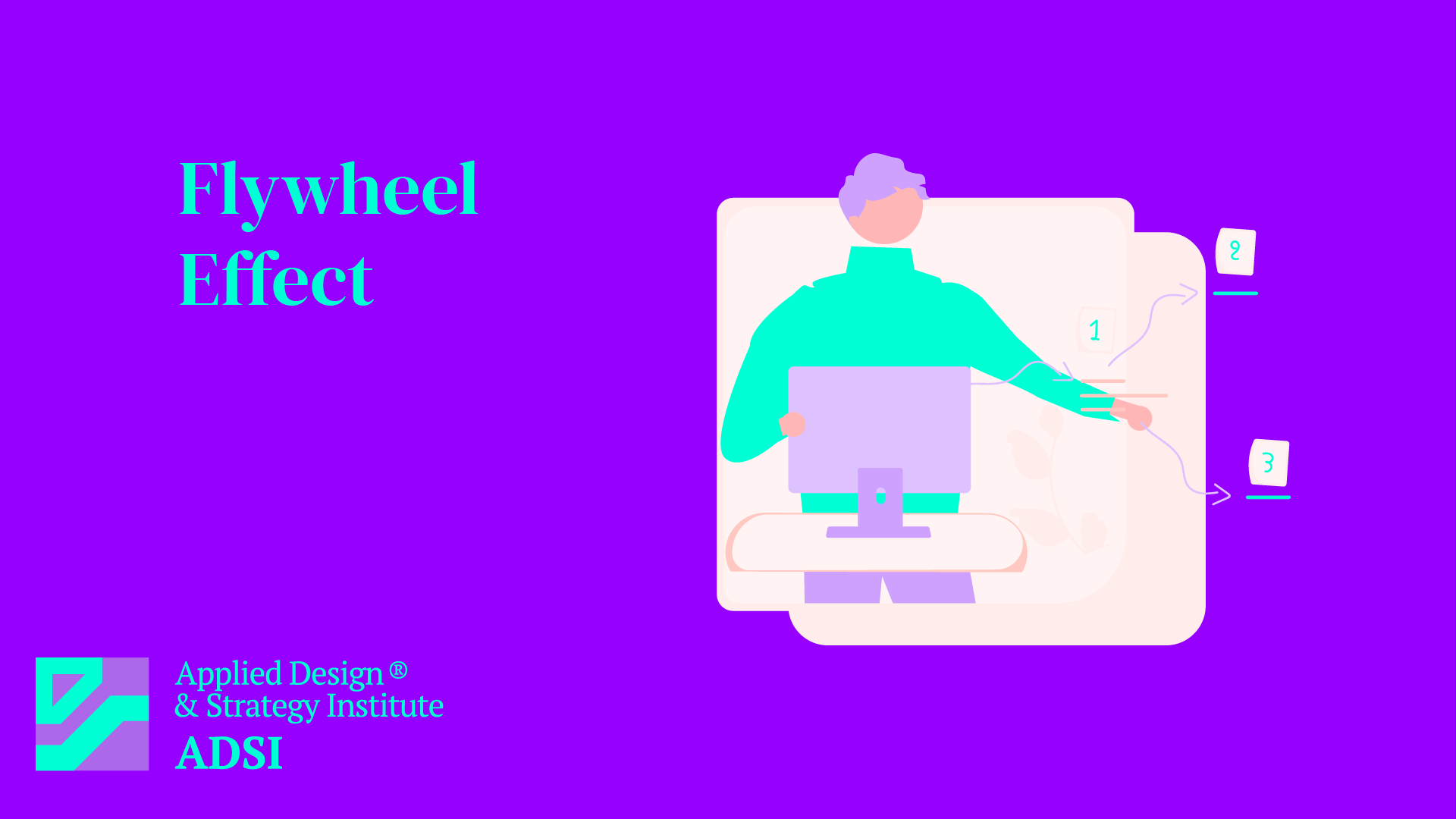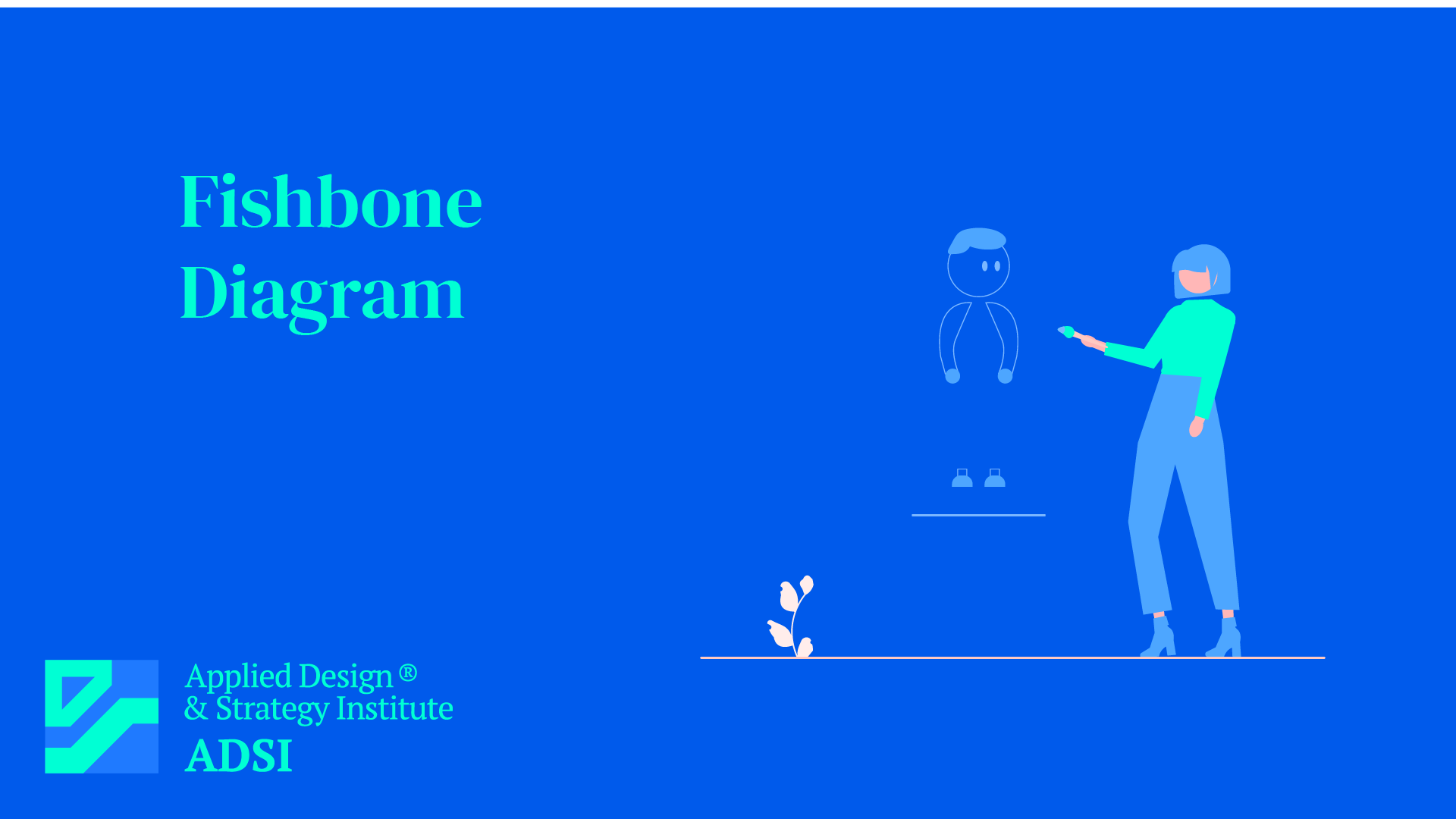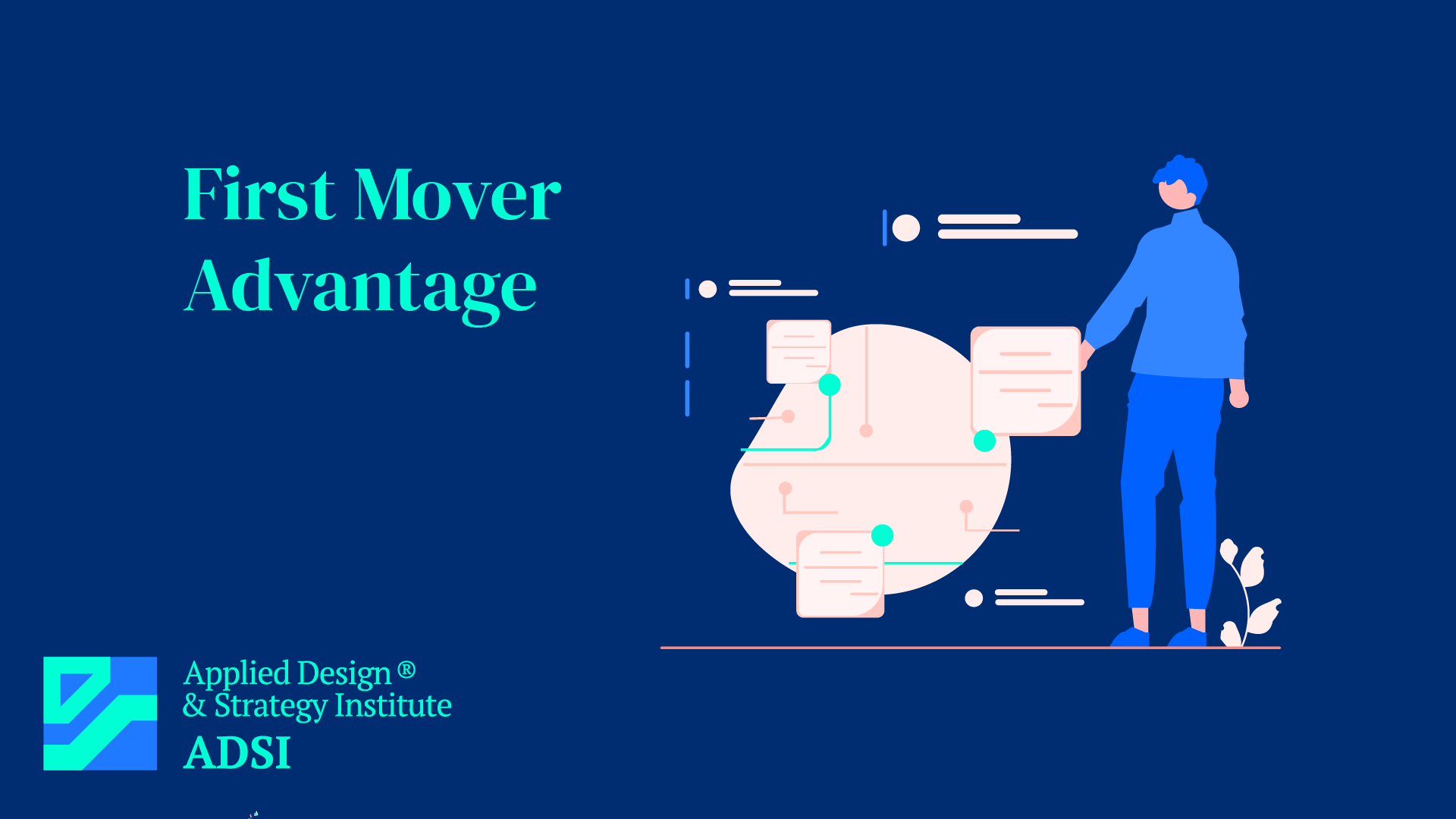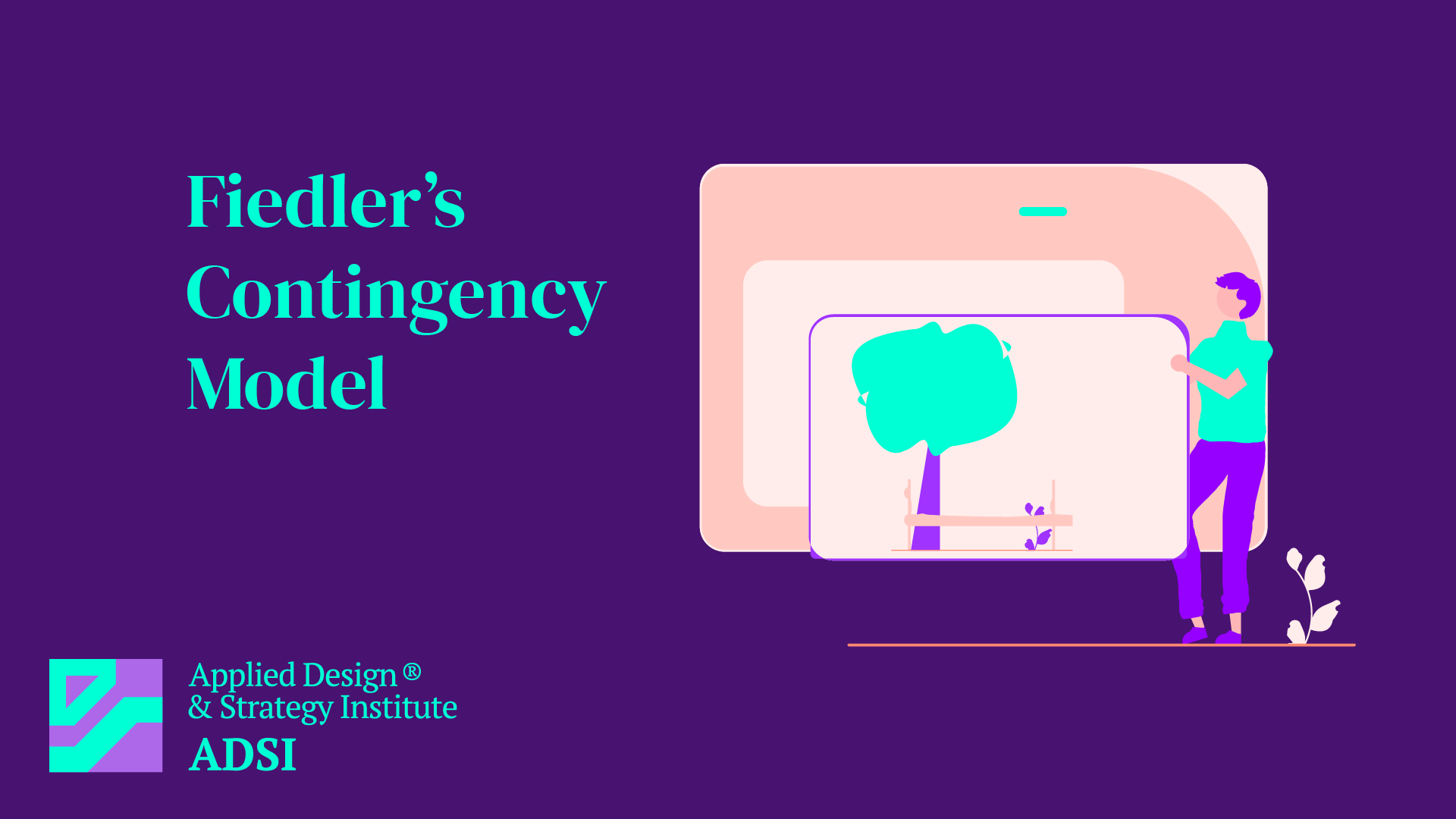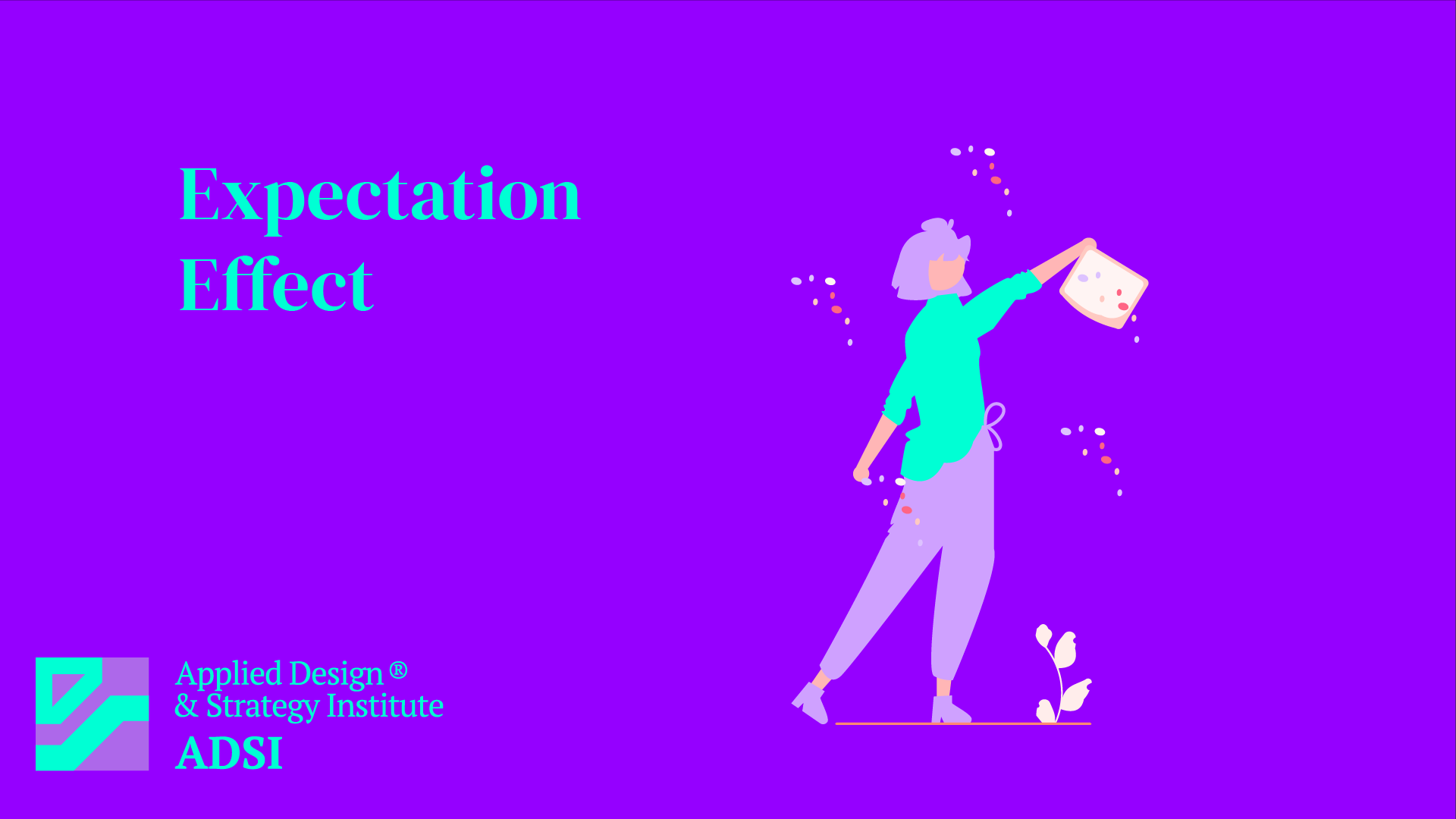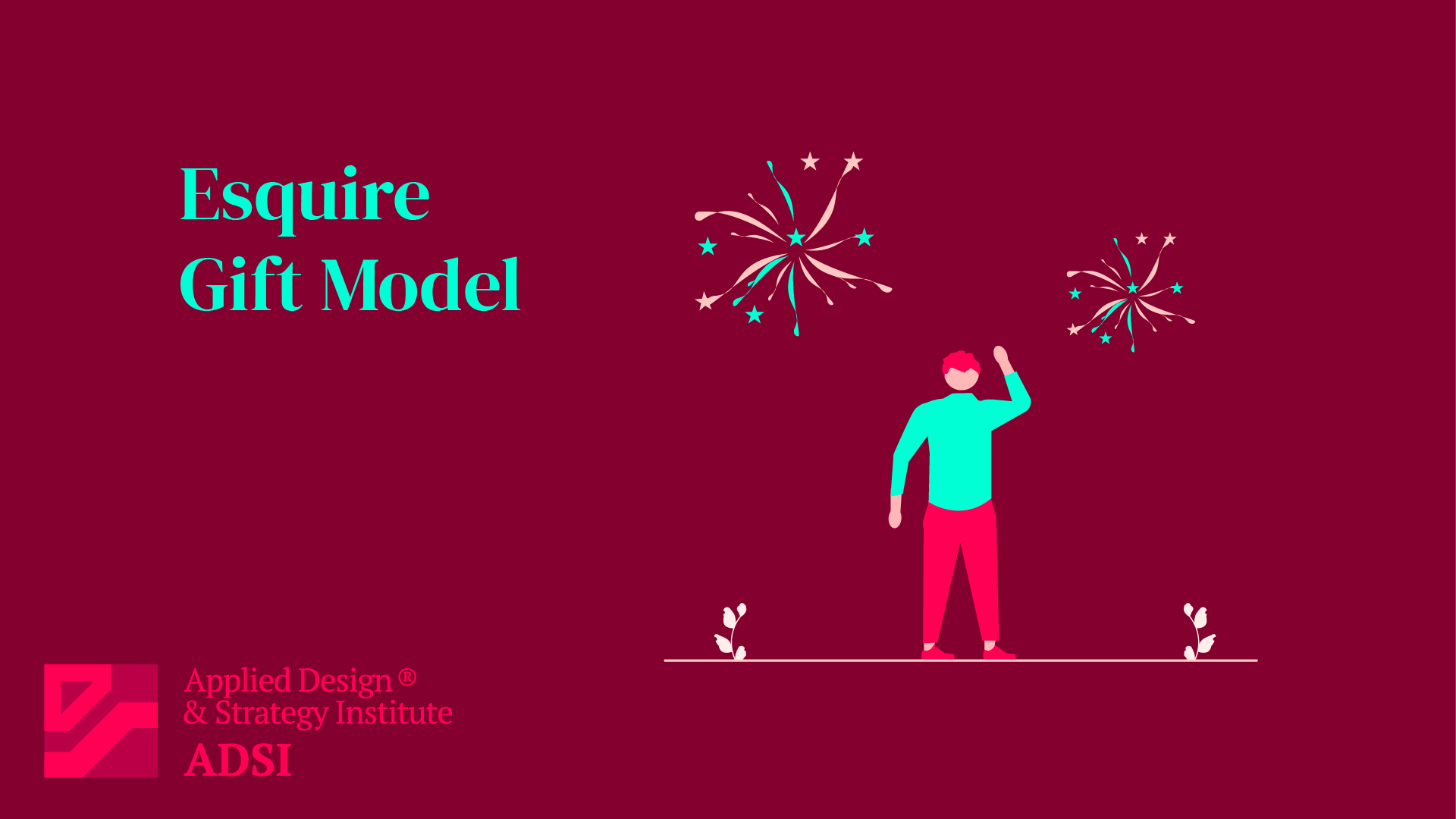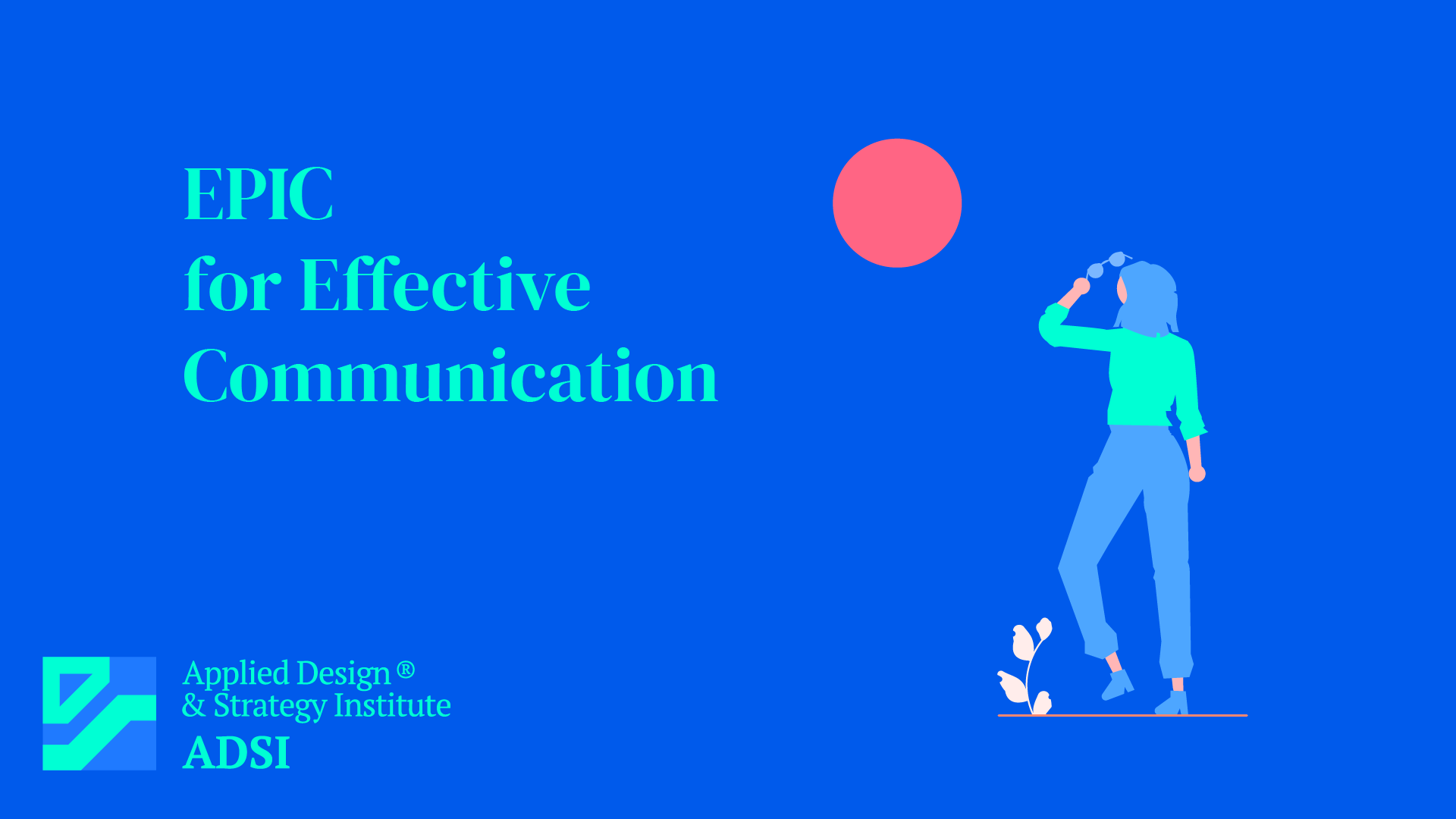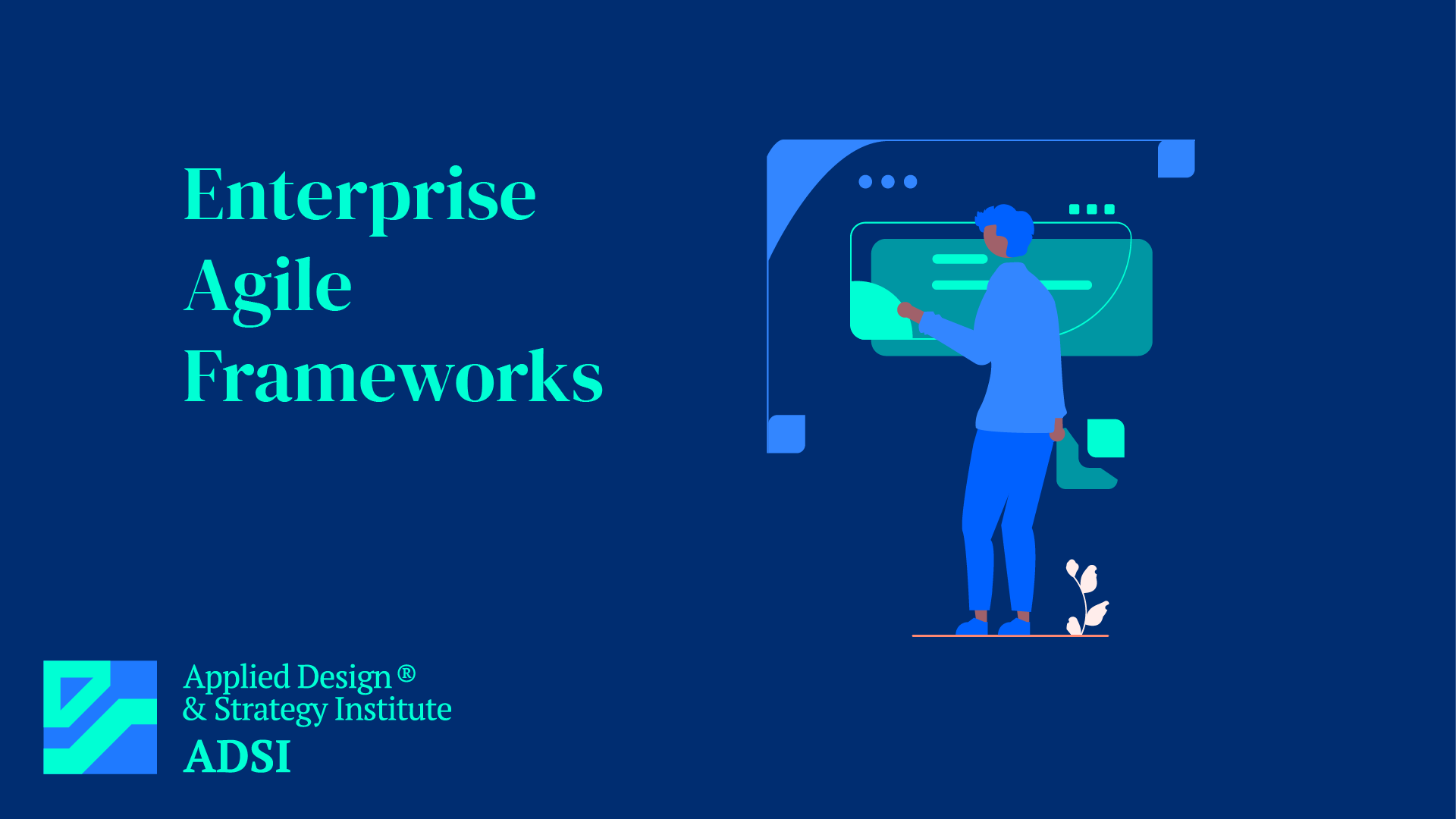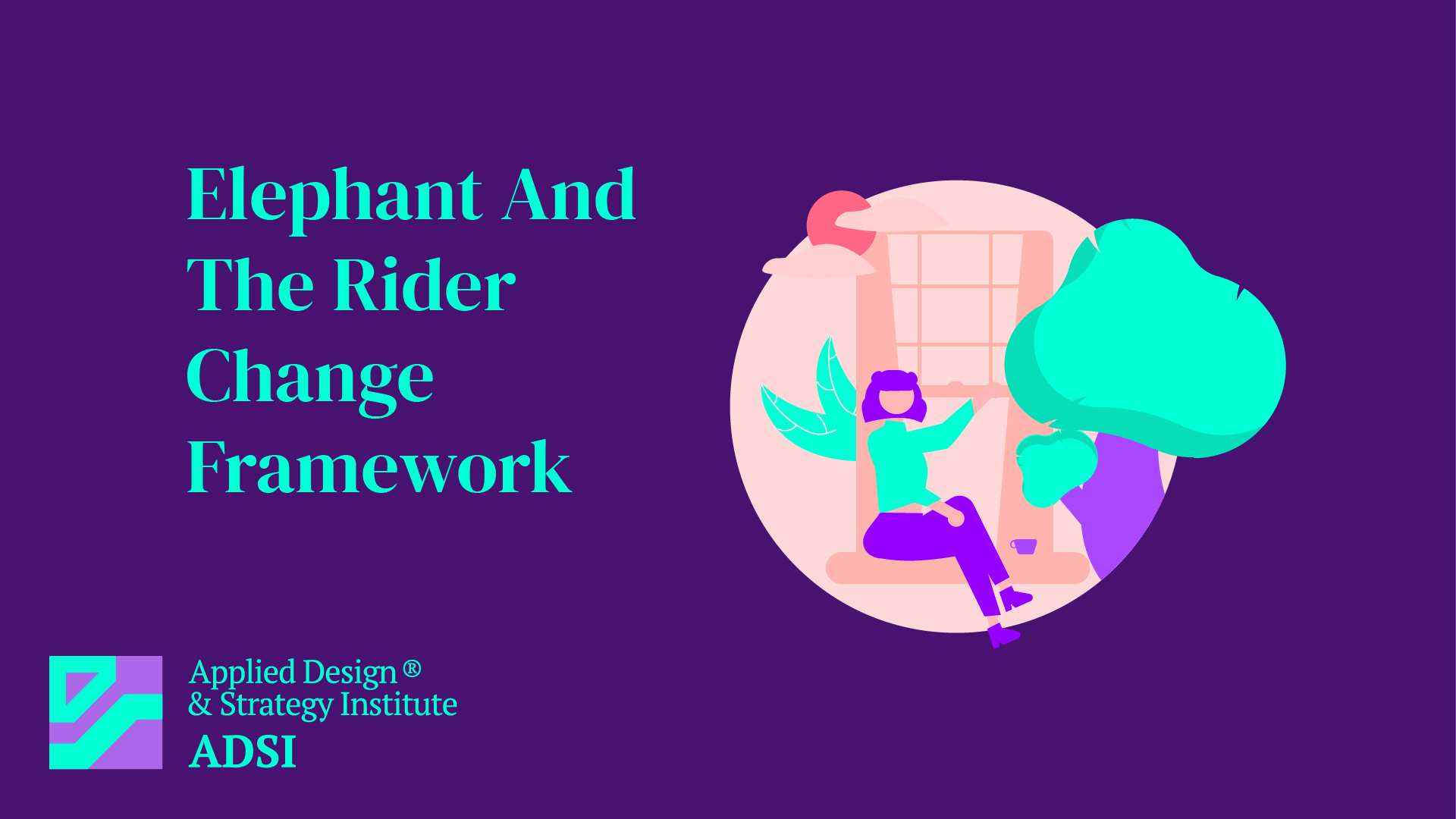Focus-Diffuse Thinking
Introduction to Focus-Diffuse Thinking Focus-Diffuse Thinking is a concept in cognitive psychology and neuroscience that describes two complementary modes of thinking: focused and diffuse. This concept, popularized by Barbara Oakley in her book “A Mind for Numbers,” explains how these two modes work together to enhan
Flywheel Effect
Introduction to the Flywheel Effect The Flywheel Effect is a concept derived from physics and applied to business and organizational growth. It describes a process of building momentum incrementally and cumulatively over time, leading to accelerated and sustainable progress. Popularized by Jim Collins in his book “Good to
Fishbone Diagram
Introduction to Fishbone Diagram A Fishbone Diagram, also known as an Ishikawa diagram or a cause-and-effect diagram, is a tool used for systematically identifying and presenting the potential causes of a specific problem or effect. Developed by Dr. Kaoru Ishikawa, a Japanese quality control expert, this tool is widely used in p
First-Mover Advantage: How to Dominate a Market
Understanding First-Mover Advantage First-Mover Advantage refers to the competitive edge gained by a company that first introduces a product or service to the market. This concept is crucial in strategic management and marketing, as it can lead to significant dominance in a particular industry or market segment. Key Elements of
Fiedler’s Contingency Model
Introduction to Fiedler’s Contingency Model Fiedler’s Contingency Model, developed by Fred Fiedler in the 1960s, is a theory of leadership that asserts that a leader’s effectiveness is contingent upon the interaction between their leadership style and the situational context. This model was a groundbreaking shi
Expectation Effect
Introduction to the Expectation Effect The Expectation Effect, also known as the expectancy theory, is a psychological principle suggesting that an individual’s expectations about a situation or outcome can significantly influence their perceptions and behaviors, often leading to the fulfillment of those expectations. Key
Esquire Gift Model
Understanding the Esquire Gift Model The Esquire Gift Model is a conceptual framework often applied in marketing, particularly in the context of consumer behavior and gift-giving. This model seeks to understand the dynamics of gift selection, purchase, and presentation from a psychological and sociological perspective. Key Compo
Epic for Effective Communication
Introduction to Epic In the context of project management and software development, an “Epic” is a term used in Agile methodology, particularly in Scrum and Kanban frameworks. An epic is a large body of work that can be broken down into smaller tasks (usually called ‘stories’ or ‘user stories’
Enterprise Agile Frameworks
Introduction to Enterprise Agile Frameworks Enterprise Agile Frameworks are methodologies designed to apply Agile principles and practices at an organizational level. Unlike traditional Agile approaches, which are typically applied to small, co-located teams, Enterprise Agile Frameworks aim to scale Agile to larger, more complex
Elephant-Rider-Change Model
Introduction to the Elephant-Rider-Change Model The Elephant-Rider-Change Model is a metaphorical framework for understanding and facilitating change in human behavior. Introduced by Jonathan Haidt in his book “The Happiness Hypothesis,” this model illustrates the relationship between emotional and rational parts of


